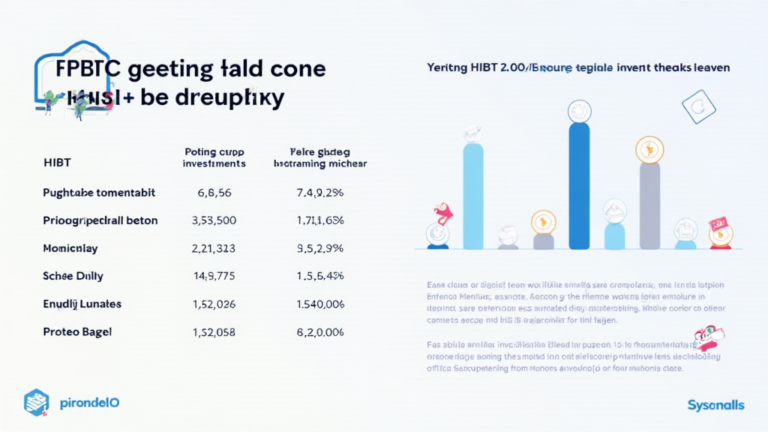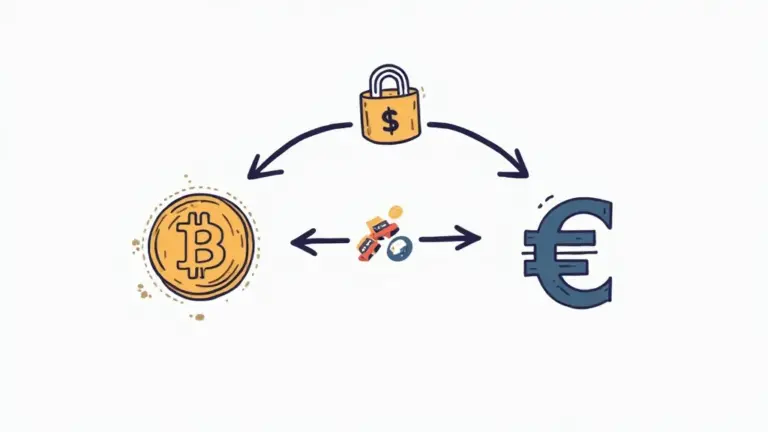Understanding Bitcoin Network Node Roles: Your Complete Guide
Introduction: Why Are Bitcoin Node Roles Important?
Did you know that about 1 million Bitcoin nodes operate globally, supporting the entire cryptocurrency network? However, only a fraction of these nodes understand their crucial roles. In this article, we’ll uncover the various roles Bitcoin nodes play and how they impact the overall functionality of the network.
What Are Bitcoin Nodes?
At its core, a Bitcoin node is any computer that participates in the Bitcoin network by maintaining a copy of the blockchain and validating transactions. But there are different types of nodes, each serving specific purposes. Let’s break down the primary roles.
1. Full Nodes: The Backbone of Bitcoin
- Full nodes validate and relay transactions and blocks, keeping the network secure.
- These nodes require significant storage and bandwidth due to the complete copy of the blockchain they maintain.
- Example: Think of full nodes as libraries, storing every single book (block) for everyone to borrow (access).
2. Light Nodes: Quick Access without Storage Burdens
- Light nodes, or SPV nodes, do not download the entire blockchain; instead, they trust full nodes for transaction verification.
- Ideal for mobile and lightweight applications, they provide access to the Bitcoin network without initiating the hefty download.
- Example: Picture light nodes as a small coffee shop that offers a limited selection of books but relies on a large library for reference.
3. Mining Nodes: Securing and Confirming Transactions
- Mining nodes validate transactions and add them to the blockchain by solving complex mathematical problems.
- These nodes provide security to the network by making it expensive and time-consuming to alter transaction history.
- Example: Imagine mining nodes as the police officers of the Bitcoin world, ensuring that all transactions are legitimate and secure.
4. Wallet Nodes: Your Personal Wallet
- Wallet nodes generate and store Bitcoin addresses, enabling users to send and receive Bitcoin.
- While they often rely on full nodes for transaction verification, they offer easy access and usability for end-users.
- Example: Wallet nodes are similar to your personal bank account, where you keep your money but rely on the bank for large transactions.
The Impact of Node Roles on Blockchain Technology
The diversity of Bitcoin node roles significantly strengthens blockchain technology. Full nodes maintain the system’s integrity; light nodes simplify accessibility, while mining nodes secure the network. This collaborative effort ensures that Bitcoin remains decentralized, making it a visionary example of modern financial technology.

Conclusion: Get Involved in the Bitcoin Network!
Understanding the different Bitcoin node roles is crucial for anyone interested in the cryptocurrency space. Whether you aim to invest or simply want to be part of a decentralized network, knowing how nodes operate is the first step. Start today by looking into how to set up your own Bitcoin node. Download our comprehensive guide on safe cryptocurrency storage!






